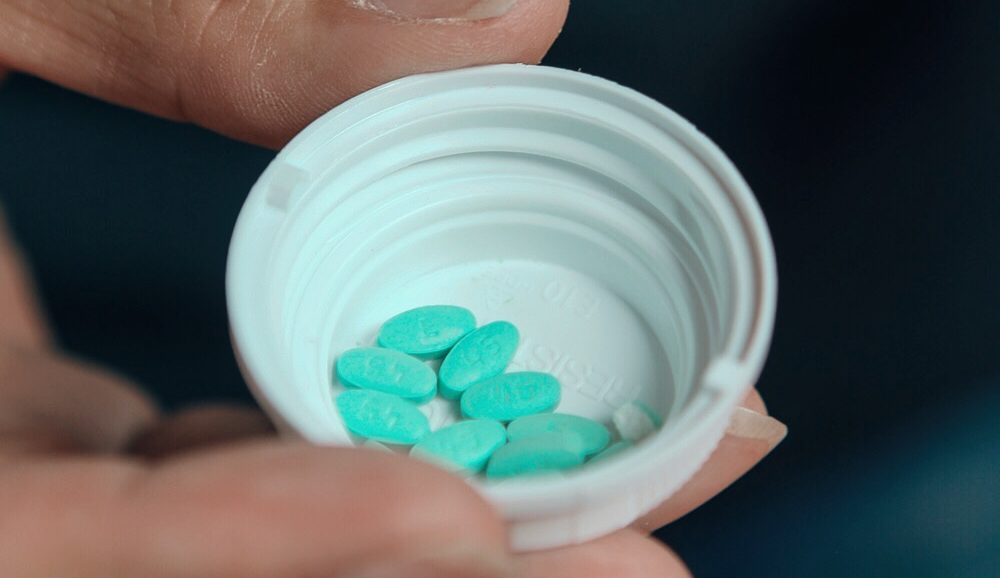How's this for a nightmare: The pain medication your doctor prescribed not only makes you feel awful -- dizzy and disoriented with terrible itching -- but on top of that, it does nothing to ease your discomfort.
This is what happened to Debbie Spaizman whenever she took prescription pain relievers. So understandably, she was anxious when she scheduled a nasal surgery last year and her physician said she'd need narcotics.
Was she allergic to a particular drug? Would this happen no matter what pain medication she took? Spaizman sought answers. She got them from a pharmacogenomic evaluation -- offered through Stanford Medicine's Humanwide pilot project -- that analyzed how her genes interact with different medications.
The second video in the Humanwide series tells her story:
The Humanwide project demonstrated a new approach to primary care in which a care team partnered with patients to collect their individual health data, identify concerns and risks, and work together to avert disease and achieve personal goals. Patients' health information came from digital devices used at home, such as a blood pressure cuff; from comprehensive wellness assessments; and from genetic screening -- including a pharmacogenomic evaluation.
In health care, pharmacogenomics boils down to predicting patients' drug response by making precise measurements of their genome, explains Stanford Medicine professor Russ Altman, MD, PhD. He elaborates in the video:
Pharmacogenomics is the study of how your genetics -- your ancestry, your parents, your grandparents -- how that affects your response to drugs. Not everybody responds to drugs in the same way. That's kind of a natural idea. But why is that? And it has to do with what you're eating, what diseases you have. But it has a big part to do with your genetic background...
We want to check people's DNA, and then give them a report of which drugs are likely to work and which drugs they maybe should stay away from because they're either not going to work or the side effects will not be tolerable.
In Spaizman's case, a certain enzyme -- CYP2D6 -- was relatively slow at metabolizing certain drugs, Altman told her. Since drugs broken down by that enzyme stayed in her system longer, he said her doctors should consider prescribing her a lower or less frequent dose. For an opioid narcotic, Spaizman could take a different drug that isn't metabolized by the CYP2D6 enzyme, Altman said.
Spaizman passed along Altman's recommendation to her doctor.
In a video diary two days after her surgery, Spaizman recorded her feelings: "My biggest fear was that I would have a bad reaction to the pain medication," she said, "and I have not had one."
Photo by Luceo






